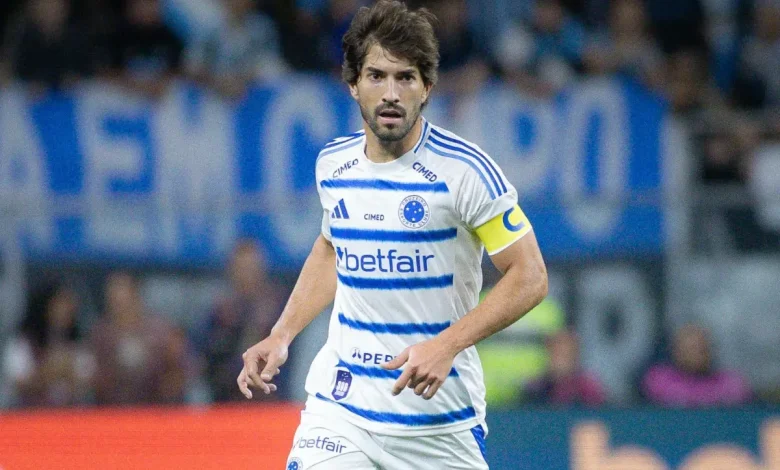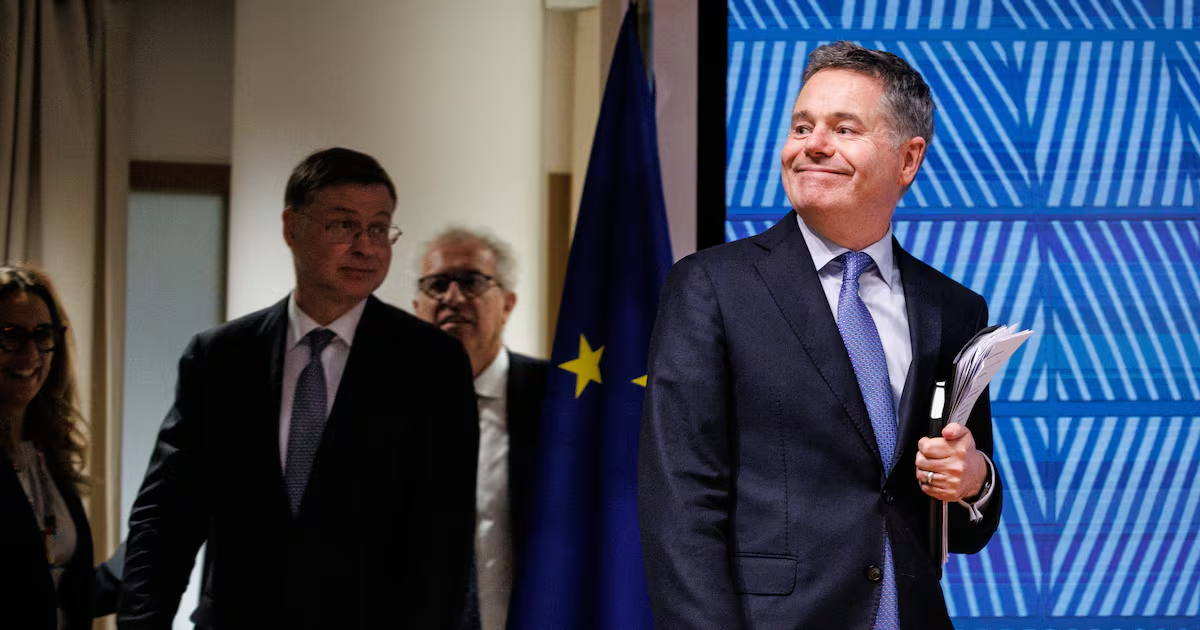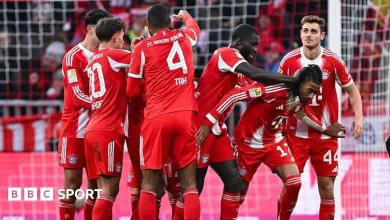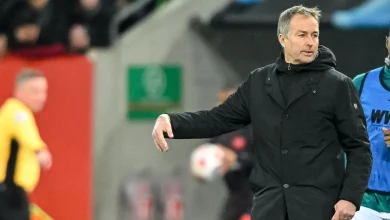Torcida do Cruzeiro critica o volante Lucas Silva após cartão amarelo precoce contra o Corinthians

Corinthians e Cruzeiro se enfrentam neste domingo (14), na Neo Química Arena, em São Paulo, pelo jogo de volta da semifinal da Copa Betano do Brasil. O Cabuloso busca a virada após derrota por 1 a 0 no Mineirão.
© Maxi Franzoi/AGIFLucas Silva recebe críticas da torcida do Cruzeiro neste começo de jogo
Com o Cabuloso precisando de uma reação após o resultado adverso na primeira partida, a equipe enfrentou um adversário disposto a parar os cruzeirenses com faltas. E, após um entrevero, o capitão Lucas Silva foi advertido com cartão amarelo.
O volante da Raposa disputava a bola no campo ofensivo diante do também volante Breno Bidon, até ser derrubado por trás. Com raiva da atitude do corintiano, Lucas Silva empurrou o adversário já com o jogo parado. Com isso, o árbitro Rodrigo José Pereira de Lima advertiu com cartão amarelo ambos os atletas.
Torcida detona a atitude de Lucas Silva
Mesmo demonstrando intensidade, a torcida do Cruzeiro não gostou da atitude do volante, afirmando que o atleta caiu na provocação adversária. “Burrice do Lucas Silva… caiu na vibe deles”, criticou um torcedor. “Lucas Silva levar um cartão desses não dá. Parece que não aprenderam com o último jogo”, lembrou outro adepto.
A atuação de Lucas Silva neste começo de jogo, além de vestir a braçadeira de capitão, não animou a torcida mineira. “Vamos concordar que Lucas Silva como capitão do Cruzeiro não está dando mais”, observou uma torcedora. “A primeira coisa para o ano que vem é sumir com esse Lucas Silva”, detonou outro.
Desempenho recente do Cruzeiro
O Cruzeiro iniciou sua sequência recente com uma atuação de destaque ao vencer justamente o Corinthians por 3 a 0, no Mineirão, impondo ritmo forte e eficiência ofensiva. Na rodada seguinte do Brasileirão, empatou fora de casa com o Ceará por 1 a 1, em um confronto equilibrado e de poucas chances claras.
Em seguida, a equipe voltou a empatar, desta vez por 2 a 2 com o Botafogo, em casa, após um jogo movimentado e com alternância no domínio. O bom momento, porém, foi interrompido na Vila Belmiro, onde o Cruzeiro acabou goleado pelo Santos por 3 a 0, com dificuldades defensivas.
Veja também
Além de Gabigol, Cruzeiro pode acertar a saída de Eduardo por conta da situação contratual
No compromisso mais recente, já pela Copa Betano do Brasil, o time mineiro foi derrotado pelo Corinthians por 1 a 0, no jogo de ida da semifinal. O resultado manteve o confronto aberto, mas evidenciou a necessidade de maior consistência para a sequência decisiva da temporada.





